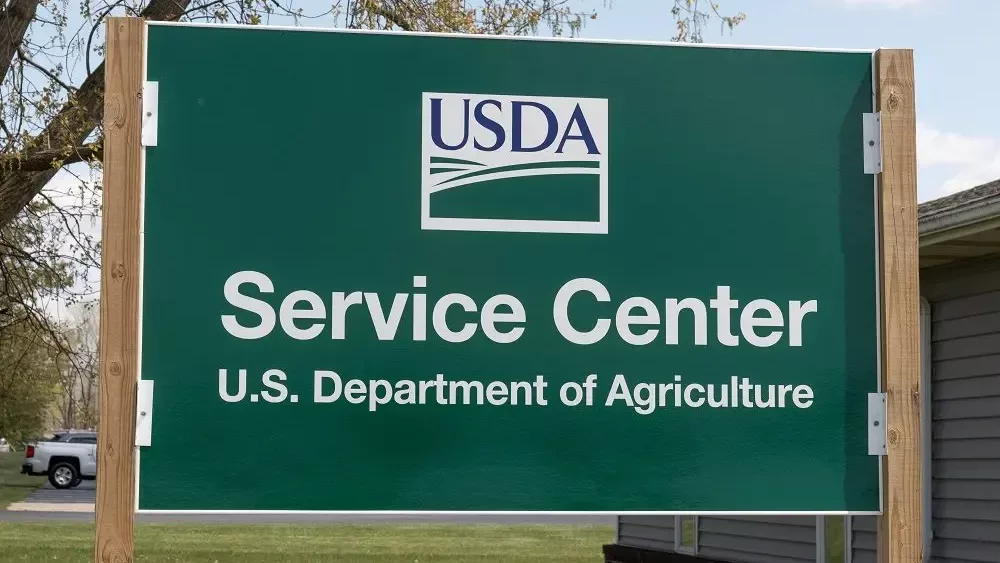The Environmental Protection Agency has issued a final rewrite of Trump-era WOTUS reforms, and it is not sitting well with many farm groups. American Farm Bureau is quite disappointed, and the National Cattlemen’s Beef Association says the final Waters of the U.S. rule is tainted.
“The rule doesn’t clearly exempt isolated or ephemeral features from federal jurisdiction, but instead, subjects both those features to case-by-case determinations, which means that farmers, ranchers, or landowners across the country could be required to pay a lot of money or spend a lot of time trying to figure out if their isolated or ephemeral features are federally jurisdictional,” says NCBA Chief Counsel Mary-Thomas Hart.
Beyond some exemptions for drainage ditches, stock ponds, and prior-converted cropland, Hart sees the Biden EPA rule as a reversal of Trump-era WOTUS reforms.
“This is a significant expansion beyond the Navigable Waters Protection rule, and the Biden Administration sought to find some middle ground, between the 2015 rule and the 2020 rule. So, we knew that there might be a slight expansion, but this leans much more toward the 2015 Obama rule than it does toward the Navigable Waters Protection rule.”
Over at American Farm Bureau, Courtney Briggs, senior director of government affairs agrees the rule doesn’t provide the clarity and certainty that those being regulated have been asking for.
“This rule allows the federal government to expand their jurisdictional reach over private property. It is clear that the agencies have doubled down on their use of the troubling significant nexus test, which will require landowners to hire environmental consultants, attorneys and engineers to ensure that they are in compliance.”
She says when the federal government expands its reach, the amount of permitting that farmers are subject to gets worse.
“Since this rule relies on case-by-case determinations and ambiguously-defined terms, it is incredibly difficult for a farmer to understand if they have a jurisdictional feature on their property. There are civil and criminal liabilities attached to Clean Water Act compliance, and that is why it’s so incredibly important to have a clear line of jurisdiction.”
The new WOTUS rule now goes into effect 60 days after it’s published in the Federal Register.
“We will be looking to the Supreme Court for a decision in the Sackett case, which will provide some clarity on the use of the significant nexus test. And the agencies have stated that today’s rule is a durable rule, but it is very likely that they will have to make changes to the rule in response to a decision from the high court next year.”
Hart with NCBA says the timing of the EPA final rule couldn’t be worse and it seeks to directly preempt the ongoing Supreme Court litigation, leaving the WOTUS question murkier than ever until the high court rules months from now.
Source: NAFB News Service





